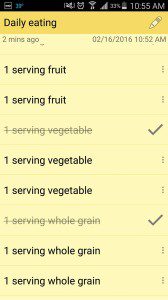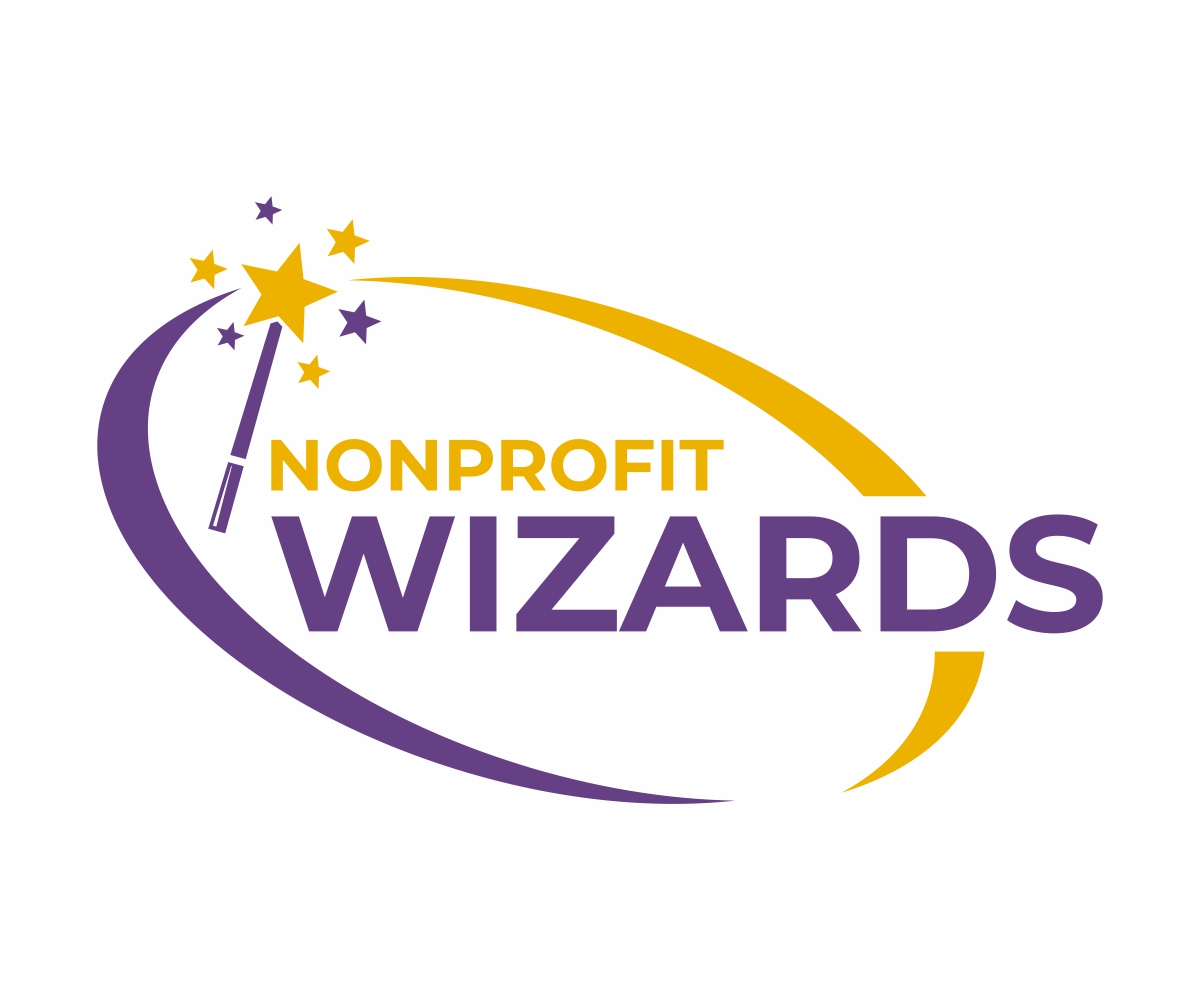If you listen to our podcast, you’ve heard our guests–accomplished nonprofit executives–speak to one point over and over.
And over.
And over.
“Being the head of a nonprofit organization is all about relationships.”
“You need to maintain good relationships with the members of your board.”
“A healthy relationship with your board chair is especially crucial.”
“Having great relationships with your staff members goes without saying. Especially the members of your leadership team.”
So it’s a given that your success is primarily dependent upon your ability to cultivate and maintain positive, productive relationships.
But how EXACTLY do you do that? What if you’re not good at relationships? Is there a magic formula?
Why yes, there is!
Relationships are like a checking account
One of my earliest mentors told me that you should treat relationships like your checking account.
You make deposits.
You make withdrawals.
Make more deposits than withdrawals.
And pay attention. Cause if you don’t, you’ll get an overdraft.
Relationship deposits
You make deposits in your relationships through positive words and actions.
If a member of your team does something well and you tell him about it, that’s a deposit.
If a board member’s business is featured in your local newspaper and you send her a handwritten note of congratulations, that’s a deposit.
When you recognize someone’s birthday, that’s a deposit.
Remembering something about someone’s child–a special interest in science, a talent for music, or achievement in sports–and making conversation about it, is a deposit. By the way, the more specific, the larger the deposit.
Also, you don’t have to remember everything, just remember one thing.
Offering words of encouragement to someone going through a difficult time is a big deposit.
Relationship withdrawls
Unfortunately, not every interaction you have is positive. From time to time, things go sour.
We misunderstand other people.
They misunderstand us.
Sometimes people make mistakes and we react poorly.
Sometimes we impute ill-will in another’s actions. Usually it’s because we jumped to a mistaken conclusion.
Anytime you have a negative interaction with another person, it is a withdrawal in your relationship. Rather than building up, the account balance will erode.
Now it is true that a misunderstanding or disagreement can actually make your relationship stronger. A sincere apology fully accepted by the offended party can create a big deposit. Bigger than the withdrawal which occurred during the flame-up.
But it is definitely a two-step process. And you can’t take step two (a sincere apology) for granted.
Make more deposits than withdrawals
With relationships, there is no ceiling on the amount of goodwill you can build up. There is no cap.
In fact, researchers have observed that successful marriages feature a 5 to 1 ratio of positive interactions to negative ones.
Why not try to apply that ratio to your other relationships? After all, marriages are relationships too.
It’s good to build up a cushion. Doing so makes difficult conversations easier because both parties know there is mutual trust.
Besides, it’s inevitable you’ll get in a rut at some point in time and find yourself making an unplanned series of withdrawals.
You can overdraw your relationships
It is possible to have a relationship which has more negative interactions than positive. If this situation persists, your balance will go negative.
When your bank account goes negative, you know the penalty: punitive fees. Damage to your credit. Damage to your reputation.
Relationships are the same way. If you go negative, it will be very painful.
It will take a Herculean effort to move back into positive territory.
The scars will persist for some time.
But it’s not impossible.
What if the other person is difficult?
But what if you have that one staff member, or one board member, who is always difficult?
He objects to everything and makes it impossible to have a positive relationship with me…or anyone else for that matter.
I heard Neil Strauss, the author of The Truth: An Uncomfortable Book About Relationships recently on The James Altucher Show. He said something really profound:
“Your relationships have nothing to do with the other people. They have everything to do with you, and you alone.”
To say that your board member is impossibly difficult is victim mentality. The truth is this: you determine your response to other people.
The Roman Emperor and stoic philosopher Marcus Aurelius wrote about this in his personal journal, later published as the book Meditations:
“If you’re troubled by something outside yourself, it isn’t the thing itself that bothers you, but your opinion of it. You have the power to immediately revoke this opinion.”
And further, “When somebody’s behavior offends you, find fault instead with yourself for failing to anticipate his offensive behavior. Your ability to reason should have told you that he would misbehave.”
In other words, keep adding deposits to that relationship account. Keep being objective in your interpretation of his or her behavior.
Eventually the situation will resolve itself. Either the person will start to come around, or it will become apparent he doesn’t align with the culture and he’ll remove himself from your organization.
(Besides, maybe you are the only person in the world who isn’t willing to give up on him. Maybe he needs you to help him turn things around.)
Be measured and mindful
Recall my mentor’s advice: “If you don’t pay attention (to the relationship) you’re likely to get an overdraft.”
Your relationships will be better if you tend to them on a regular basis. If you make relationship building a habit.
 In my experience, the best way to develop a habit is to define a behavior I am committed to doing daily, AND (this is equally important) tracking my compliance on a chart. After some period of time it will become a habit.
In my experience, the best way to develop a habit is to define a behavior I am committed to doing daily, AND (this is equally important) tracking my compliance on a chart. After some period of time it will become a habit.
***There is much debate regarding how long it takes to form a habit. Some say 30 days, or 60, or 90. My personal experience is that it takes longer for things I don’t enjoy (eating healthy) than it does for things I do enjoy (riding my bicycle). Don’t get bogged down in that. Start with one day, Then do two days. And keep going until you don’t have to track it anymore.***
You might be asking yourself, “Is he really suggesting I make a chart to track my positive interactions with my problem staff member?”
Answer: YES!!!
And if you think I’m crazy, you should check out this resource from Gallup. Start your day with a couple of drops and commit to giving them away. That’s an easy way to track it.
Personally, I use Colornote to chart my habits, but any smartphone list app can work.
What do you think?
Have you ever had a relationship overdraft? Are all of your relationships in solidly positive territory?
I’d love to hear about it! Email me or hop over to the Nonprofit Wizards Facebook page and leave a comment!

Darren Macfee is the founder of the Nonprofit Wizards. He studies the habits and practices of wizards and then shares those with the world. He also strives to be a little better every day–as a husband, as a dad, and as a business professional.

Meditations by
How Full Is Your Bucket? by Tom Rath and Donald O. Clifton, Ph.D.

Thinking Fast And Slow by Daniel Kahneman

The Advantage: Why Organizational Health Trumps Everything Else in Business by Patrick Lencioni

Now, Discover Your Strengths by Marcus Buckingham and Donald O. Clifton
 StrenthsFinder 2.0 by Tom Rath
StrenthsFinder 2.0 by Tom Rath

Good to Great: Why Some Companies Make the Leap…And Others Don’t by Jim Collins

Magnetic: The Art and Science of Engagement by Anne Bergeron and Beth Tuttle

Managing to Change the World: The Nonprofit Manager’s Guide to Getting Results by Alison Green and Jerry Hauser
Any link on this site should be assumed to be an affiliate link. If you’re not sure why you should care click here. You’ll also learn how you can help feed the children.



